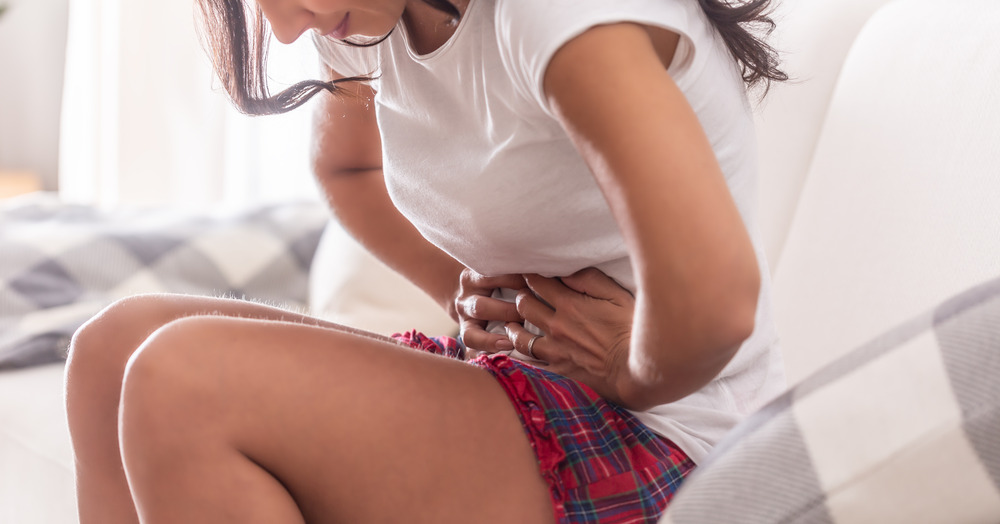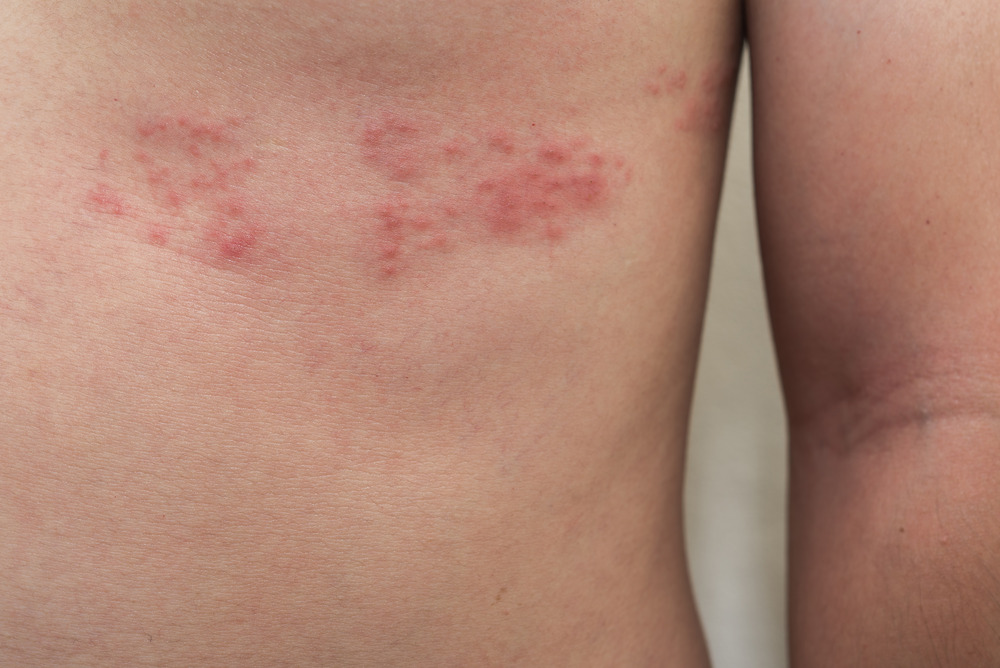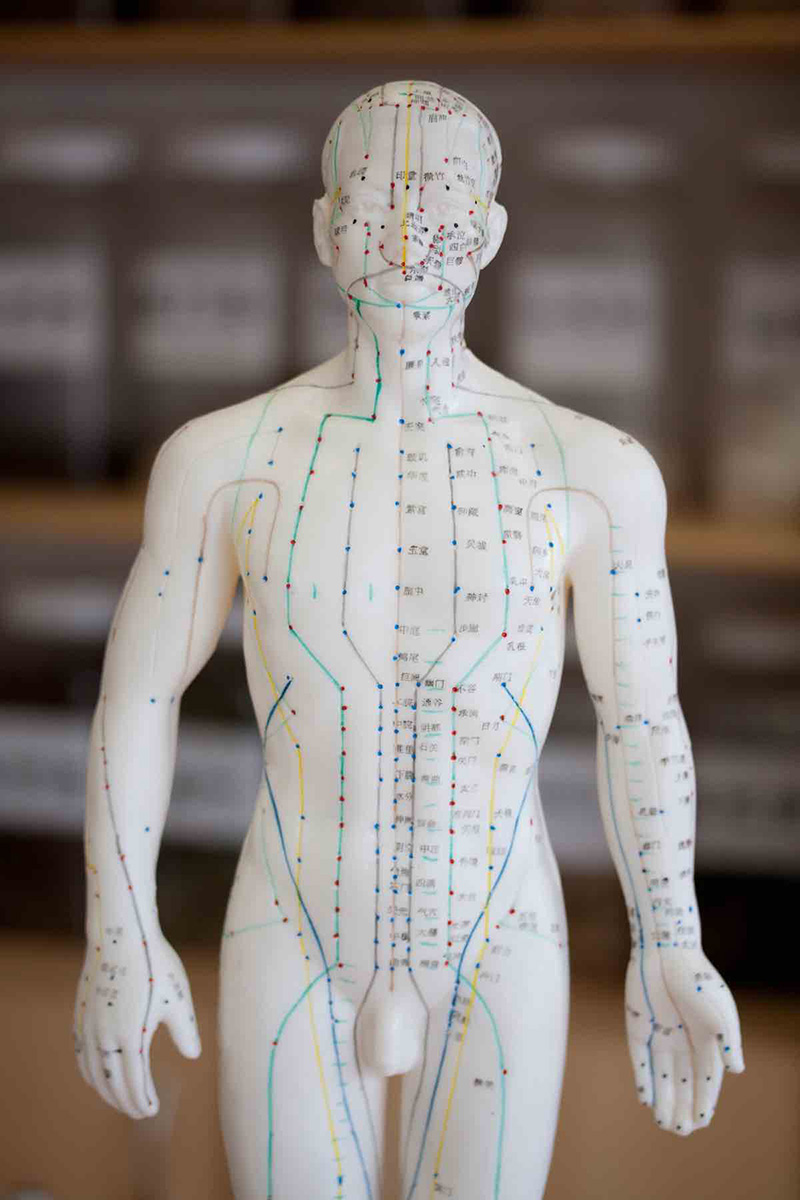A recent study has shown that acupuncture can significantly reduce menstrual pain and improve emotional well-being of those suffering from the endometriosis(1). Research has shown the therapy to balance hormones, increase circulation, and stimulate the release of the body’s natural painkillers. (2)
As a doctor of acupuncture I have seen the power of acupuncture and herbal medicine to correct the underlying imbalances in the body which stimulate the self healing process.
In this blog, I will share how acupuncture works to reduce pain and other symptoms from endometriosis, explain the recent clinical trials as well as describe the acupuncture treatment course.
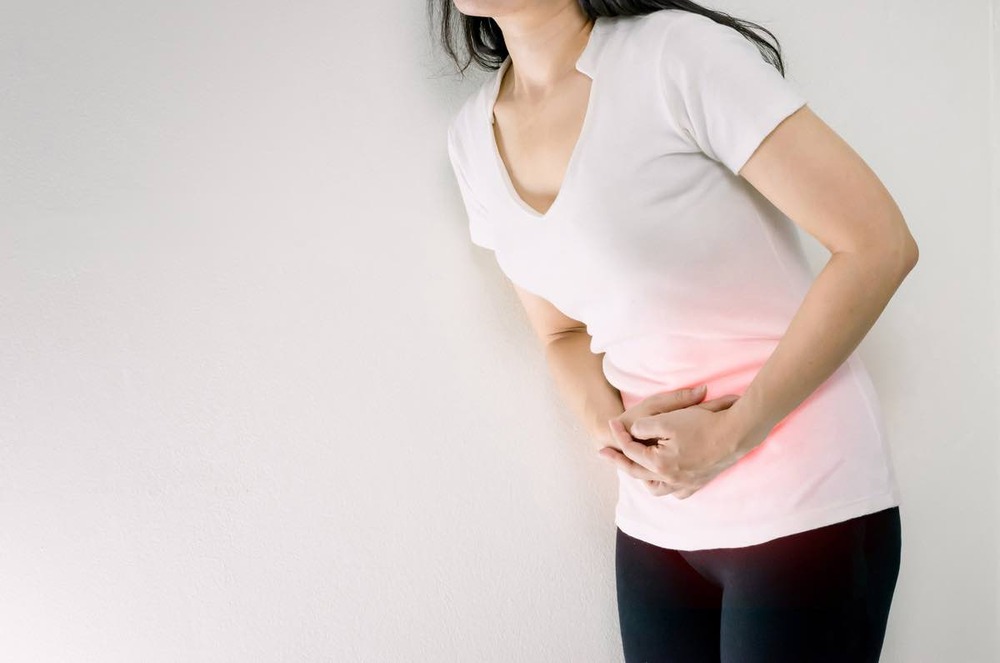
How Acupuncture Works in Treating Endometriosis
Acupuncture works by targeting the underlying imbalances which are causing the endometriosis. The most common causes are cold and blood stagnation. To address these causes specific acupuncture points and techniques, such as electroacupuncture, moxibustion, or TDP heat lamps, are used.
Physiologically, acupuncture has many mechanisms to alleviate the symptoms of endometriosis.
- Regulation of neuroendocrine system to balance hormones
- Enhancement of Blood Circulation
- Anti-inflammatory Effects
- Modulation of the Pain Perception Pathway
- Immune System Regulation
- Stress Reduction and Emotional Well-being
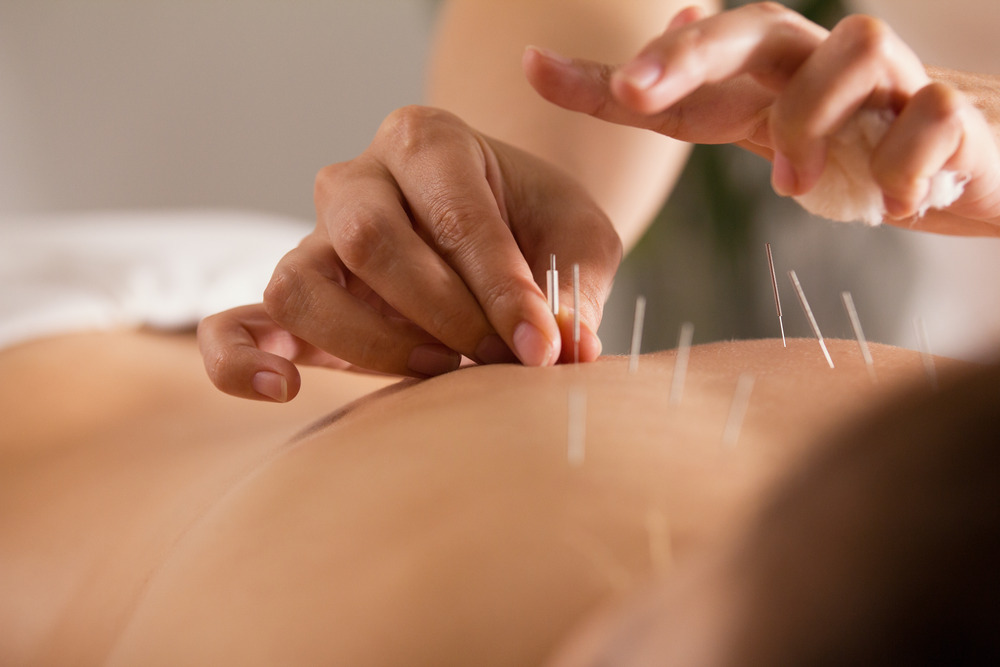
Clinical Research Shows Acupuncture Works
Recent clinical research shows acupuncture was effective at reducing pain and symptoms with women with endometriosis (1). The study involved 106 women aged between 20 and 40 years suffering from endometriosis-associated pain. They were randomly divided to receive either acupuncture or sham acupuncture treatments over 12 weeks.
After the 12 weeks of treatment, the study found a significant reduction in menstrual pain among the acupuncture group compared to the sham group at the 12-week mark. Acupuncture also reduced the overall duration of pelvic pain, improved patients’ emotional state and quality of life, and achieved a good satisfaction rate. However, the benefits of acupuncture did not persist when treatment was discontinued at the 24-week follow-up.
Beyond pain reduction, acupuncture positively affected the emotional state and quality of life in the treatment group, with participants expressing higher satisfaction levels during the treatment. This shows that acupuncture not only is helpful for reducing pain, that patients also like the therapy.
My Thoughts on their Acupuncture Treatment Protocol
The recent study illustrating the efficacy of acupuncture for endometriosis pain relief marks a significant step forward of a natural safe treatment of the condition. However, I think that simple additions to the study could have made a more powerful improvement.
The protocol included the acupuncture points Guanyuan (CV4), Sanyinjiao (SP6), Taichong (LR3), Zhaohai (KI6), and Qichong (ST30), with sessions designed to align with the symptomatic phases of the menstrual cycle.
While the chosen acupoints are useful for their roles in warming and mobilizing qi, the study’s treatment methodology could benefit from additional strategies. The simple inclusion of TDP infrared heat lamp therapy or moxibustion could have further enhanced the therapeutic effects by promoting circulation and warmth at the needle sites, potentially leading to greater pain relief.
Additionally, the absence of Stomach 36 (ST36) is important to note. This is one of the most widely used acupuncture points, and for good reason. It helps to treat all types of digestive issues, pain, and inflammation. Given the frequent digestive symptoms associated with endometriosis, such as bloating, constipation, or diarrhea, incorporating ST36 could address these related issues, offering a more holistic approach to patient care.
The study’s reliance on a standardized treatment protocol also should be addressed. While standardization ensures consistency and helps isolate within the acupuncture treatment, it may not fully capture the individualized nature of traditional Chinese medicine. Tailored treatments, adjusted to meet the specific needs and conditions of each patient, might provide more sustained and comprehensive relief.
Future research should explore these additional treatment modalities and the impact of personalized acupuncture protocols on long-term outcomes for endometriosis-associated pain. This approach could lead to more nuanced and effective treatment strategies, aligning with the personalized nature of acupuncture practice and potentially enhancing patient outcomes.

Personalized Approach to Acupuncture and Herbal Medicine at Our Clinic
At our clinic, we use a tailored approach to treatment, especially when addressing complex conditions like endometriosis. Our strategy involves a careful selection of acupuncture points, varied stimulation techniques, electroacupuncture, and the synergistic use of heat, moxibustion, and herbal medicine, all customized to the individual’s unique symptoms and underlying health imbalances.
Our approach also integrates herbal medicine, which works hand and hand with the acupuncture treatment. The herbal formulas are carefully chosen to warm the uterus and promote blood circulation, directly addressing the root causes of cold and stagnation that underpin endometriosis symptoms.
By combining acupuncture with herbal medicine, we aim to not only alleviate the symptoms of endometriosis but also to target its underlying causes, offering a comprehensive and personalized treatment plan for each patient. This integrated method is at the heart of our clinic’s ethos, embodying our commitment to holistic, individualized patient care.

Feel Better, Get Acupuncture!
Acupuncture is not just as a method for symptomatic relief but as part of a whole person strategy to address the underlying imbalances causing endometriosis. New exciting studies are coming out showing that acupuncture can significantly alleviate pain associated with endometriosis, and improve the emotional state and quality of life for patients.
In my practice, the integration of acupuncture with herbal medicine enhances the therapeutic impact, offering a comprehensive approach that corrects the underlying imbalances of endometriosis.
Please call us at 212-319-5757 or you can make your appointment online.
Sources:
- Li PS, Peng XM, Niu XX, Xu L, Ng EHY, Wang CC, Dai JF, Lu J, Liang RN. Efficacy of acupuncture for endometriosis-associated pain: a multicenter randomized single-blind placebo-controlled trial. Fertil Steril. 2023 May;119(5):815-823. doi: 10.1016/j.fertnstert.2023.01.034. Epub 2023 Jan 27.
- Ko, J. H., & Kim, S. N. (2018). A Literature Review of Women’s Sex Hormone Changes by Acupuncture Treatment: Analysis of Human and Animal Studies. Evid Based Complement Alternat Med, 2018, 3752723. doi:10.1155/2018/3752723.

